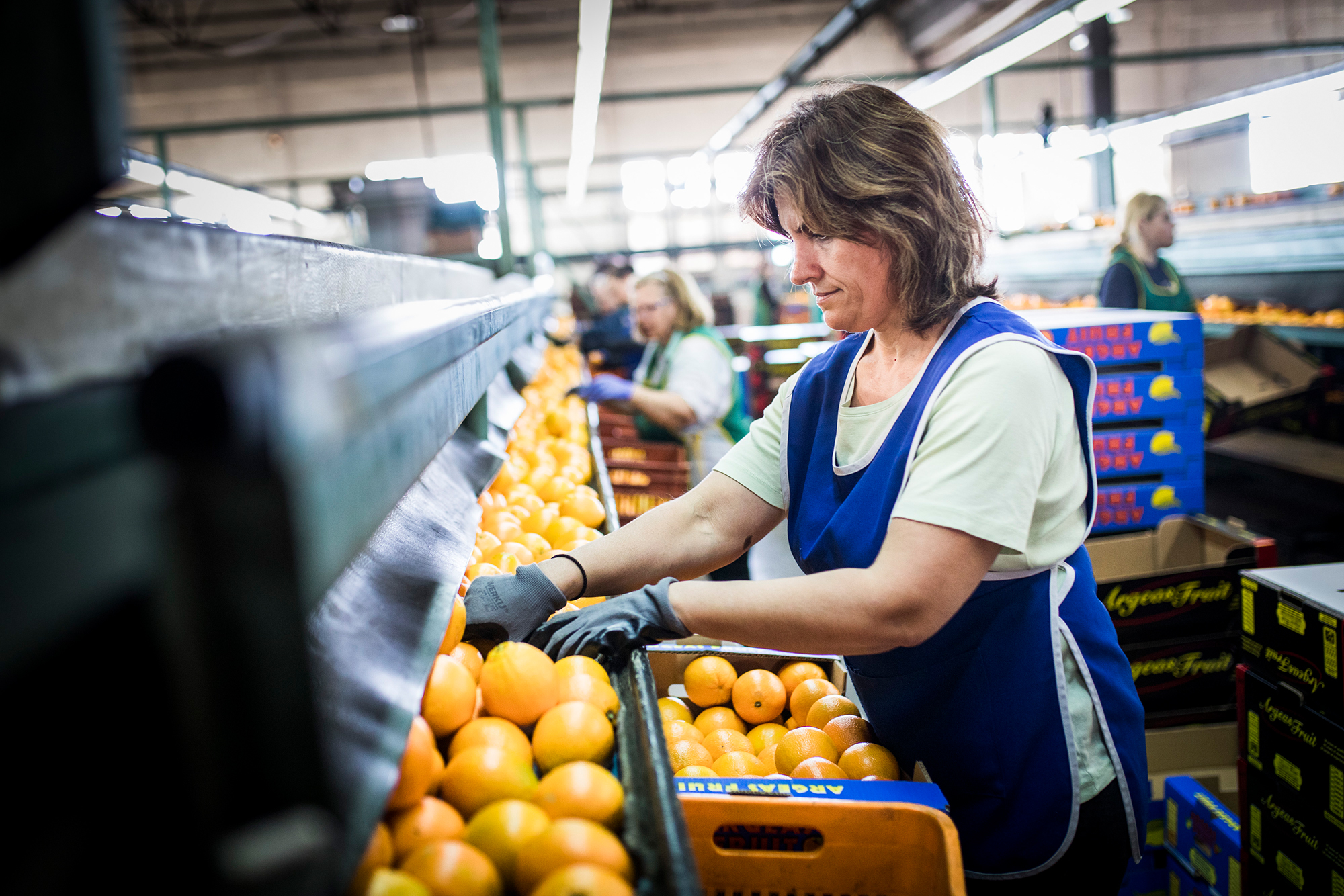Ukraine's first wartime well-being study reveals surprising truths
 Well-being of Ukrainians during the war (photo: Getty Images)
Well-being of Ukrainians during the war (photo: Getty Images)
Ukraine has presented the results of a pilot study on the well-being of Ukrainians during the war. It revealed how the war affects citizens' emotional, social, material, and mental well-being. Iryna Ruban, partner and co-founder of the agency Ruban Litvinova Social Impact Advisory and the Social Value Ukraine community, spoke about the study results and why personal well-being should become part of state policy.
First well-being study during wartime
The personal well-being study is unique in that it was conducted during a full-scale war. It is the first such case in the world that allows for assessing population well-being in conditions of a prolonged crisis.
It also shows why well-being should be considered equal to GDP and how this indicator can change the approach to policymaking, says Iryna Ruban to RBC-Ukraine.
What personal well-being means
Well-being is often associated with material status or income level. But in fact, it is a much broader concept. The speaker notes that well-being reflects a person's quality of life in all dimensions: emotional, social, professional, physical, material, and spiritual.
"And here it's important to consider that personal well-being for each person may include a unique combination of these dimensions and personal priorities in life. For one person, physical health and professional fulfillment may be the priority; for another, material status and social connections. That's why well-being is a subjective perception — what matters to a person and how satisfied they are with it," she says.
According to her, the concept of a well-being economy has already taken shape in global practice — an approach shaping a new political reality and focusing government efforts on improving people's lives, not just growing GDP.
"This approach is already being implemented nationally in the UK, Scotland, Finland, Canada, New Zealand, Iceland, and others. People's well-being is not an abstract issue. It is a strategic indicator by which leading countries measure their decisions' effectiveness and impact on people's lives," says Iryna Ruban.
Methodology used
To assess Ukrainians' well-being, the ONS4 model was used — a methodology developed by the UK's Office for National Statistics. It has been used for over 10 years and is integrated into national policy. Furthermore, the UK has accumulated expertise, studies, and data sets that can be adapted to Ukraine's context.
 They studied indicators of employment and self-fulfillment (freepik.com)
They studied indicators of employment and self-fulfillment (freepik.com)
"When we talk about evaluating personal well-being, we mean both a person's overall perception of their life and how they experience that life, including levels of happiness, anxiety, and a sense of meaning in what they do," explains Iryna Ruban.
The methodology allows assessing the quality of life through the person's perception of reality. It also examines which factors influence this perception by analyzing the key elements of well-being. These include:
- mental well-being
- physical health
- relationships
- employment and self-realization
- living conditions
- material well-being
- education and skills
- environment
- economy
- governance
- life safety
What results showed
"The results are very interesting. Only 25% of people, or one in four, are highly satisfied with their lives. 43% report a high level of happiness, while 65% experience a medium or high level of anxiety. At the same time, 62% of respondents say they feel meaning in life and value in what they do. This is an important signal: despite high levels of anxiety, Ukrainians maintain a sense of inner strength and resilience, even under wartime conditions. This is something to rely on when planning recovery programs," the expert says.
According to Iryna Ruban, the study's results are not just interesting data, but a tool for decision-making and policy building. For communities, it is the foundation for programs to improve the quality of life locally. For businesses, it's a tool for better understanding team conditions and supporting productivity and motivation. For the state, it offers the opportunity to develop strategies and policies focused on the real needs of people and on improving societal well-being.
She sees great potential in well-being assessments for resilience and recovery projects in Ukraine—from infrastructure rebuilding to encouraging Ukrainians to return from abroad and improving the quality of social services, education, and healthcare. Using the methodology will make such projects more human-centered and effective.
 The study results showed that 43% report a high level of happiness (Getty Images)
The study results showed that 43% report a high level of happiness (Getty Images)
Well-being as strategic indicator of public policy
Iryna Ruban is convinced that well-being should become a strategic indicator of public policy — this, in her opinion, is what a modern national strategy should look like.
"We conducted the pilot study through our own efforts and those of KIIS to test the methodology in the Ukrainian context — and this is a unique experience, as it is not only the first application in Ukraine but also the first in the world conducted during wartime. We already have the results of the second wave, which includes deeper analysis and new insights," she says.
According to Iryna Ruban, the goal is to institutionalize this project in Ukraine, transition to systematic data collection and analysis of Ukrainians' well-being, and integrate this data into national and local planning and program evaluation systems.
"We are open to partnerships, because only through cooperation can we build a system that captures the pulse of public well-being — a system in which indicators of Ukrainians' well-being are as significant as GDP and other economic indicators. In our view, this is the path to Ukraine's resilience and sustainable development," she notes.
By the way, Ukraine has recorded extremely low happiness and life satisfaction levels.
Also, last summer, 37% of Ukrainians rated their family's well-being as poor, 47% as neither poor nor good, and 14% as good.

